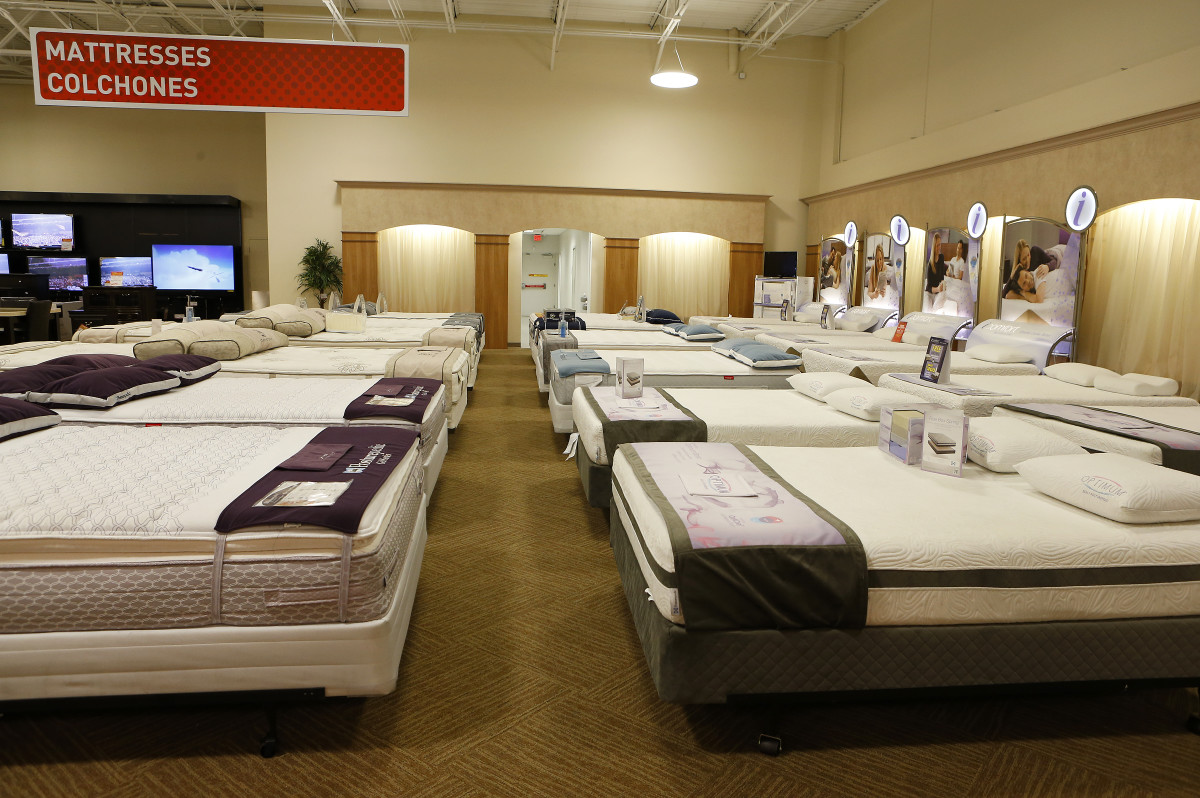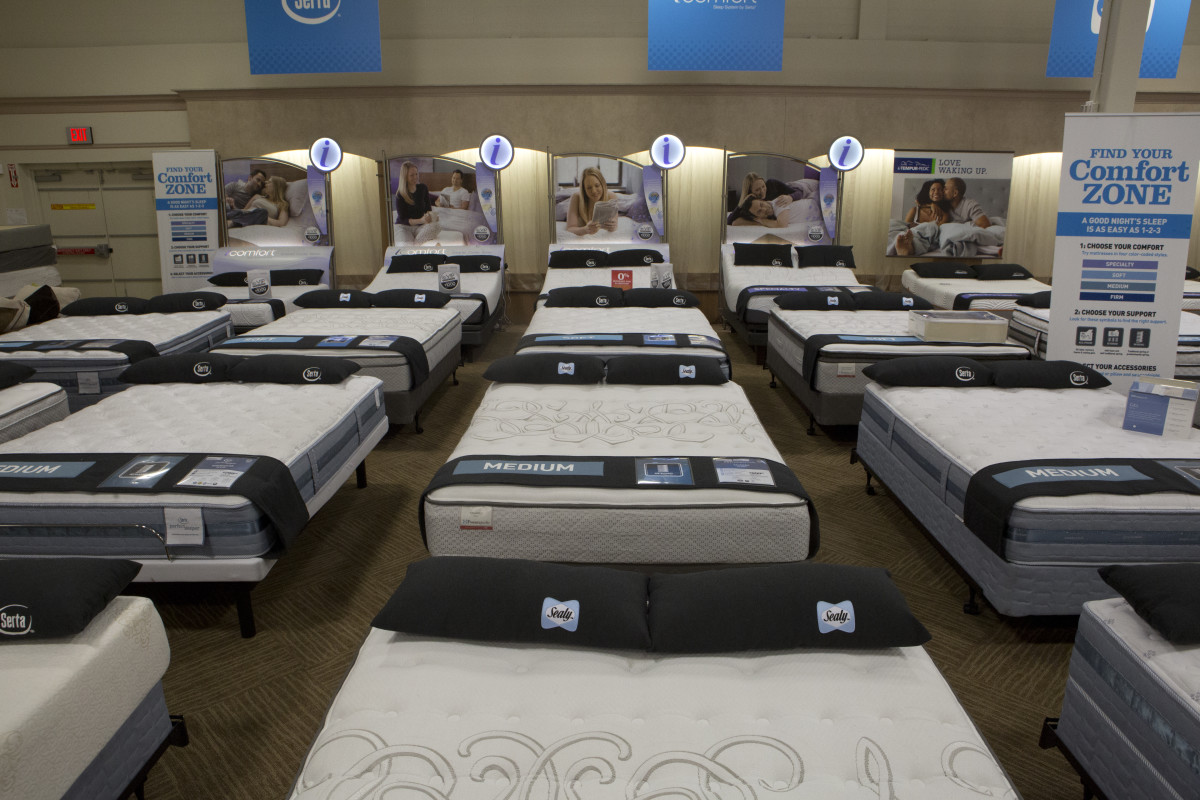
When is the last time you went into a legacy retailer for, well, any need?
If you skew on the younger side of the consumer demographic, chances are it's been a while.
Related: Popular grocery chain closing over 30 stores
Even if you're past the ripe old age of, say, 25, you probably don't go to specialty shops every week the way past generations may have.
For example, you may not visit the butcher for your protein needs. You probably don't go to the cheese shop specifically for cheese. And you may avoid the farmer's market altogether because you can get well priced organic produce at your local superstore.
It's also probably been a while since you've visited your local mall. Nowadays, there's less of a need to go to a massive legacy retailer like JC Penney or Macy's when you can get your formal wear, home decor, appliances, and cosmetics online or at discount retailers closer to home.
Such is one of the largest and most disruptive modern retail trends of our time; specialized retailers are in less demand thanks to the accessibility of cheap, quality goods online. Mom and pop shops or regional outlets are being bought up in droves by larger corporate stores, and many of us barely notice because we're far more interested in pricing power.

Houston Chronicle/Hearst Newspapers via Getty Images/Getty Images
Furniture uniquely affected by inflation
If you're a regional furniture store, however, you may be in even deeper trouble. Particularly during economic downturns.
Larger, national stores like LAZ Boy and Wayfair have largely been able to stay afloat during troubling times. During Covid, for example, Wayfair saw a surge in traffic since it does most of its business online and the vast majority of its inventory is reasonably priced to cheap.
And customers seeking a more bespoke, in-person experience know and trust a name like LA-Z Boy, which has been in business for over 100 years.
But the regional furniture chains are hit the hardest. A decline in foot traffic, paired with a disinterest in making large purchases can put a permanent kink in business.
Especially with high interest rates. Some folks finance large furniture purchases, and when rates go up, the appetite to make your living room look nicer suddenly gets put way down at the bottom of your priority list. And, with fewer people financing new home purchases thanks to record high mortgage rates, there's just less of a need to buy up new furniture in the first place.
Popular Texas chain closing stores
Such is the case with Conn's Furniture Plus, a Texas-based discount furniture chain that sells everything from mattresses to refrigerators.
More Retail:
- Ulta CEO sounds the alarm on a growing problem
- Lululemon releases a first-of-its-kind product
- Target store introduces a new 'over 18' policy
- Amazon launches genius new subscription product
The discount shop is planning to close about 100 stores in the coming weeks as a part of a larger plan to stave losses. It has reported three years of consecutive fiscal losses and has been particularly struggling since its acquisition of Badcock Home Furniture & More in late 2023.
The retailer is also reportedly considering filing for Chapter 11 bankruptcy, according to sources familiar with the matter. It may file within the next several weeks, depending in part on how liquidation goes, which could see over 40% of Conn's locations shutter permanently.
Conn's currently operates approximately 85 stores in Texas and 550 throughout the country, with most locations clustered around the south. The following states have at least one Conn's location:
- Texas
- Alabama
- Arizona
- Colorado
- Florida
- Georgia
- Louisiana
- Mississippi
- Nevada
- New Mexico
- North Carolina
- Oklahoma
- South Carolina
- Tennessee
- Virginia
The closures would also affect about 30 Badcock stores.
Plans, however, are not yet finalized and Conn's has not officially said whether it plans to liquidate.







